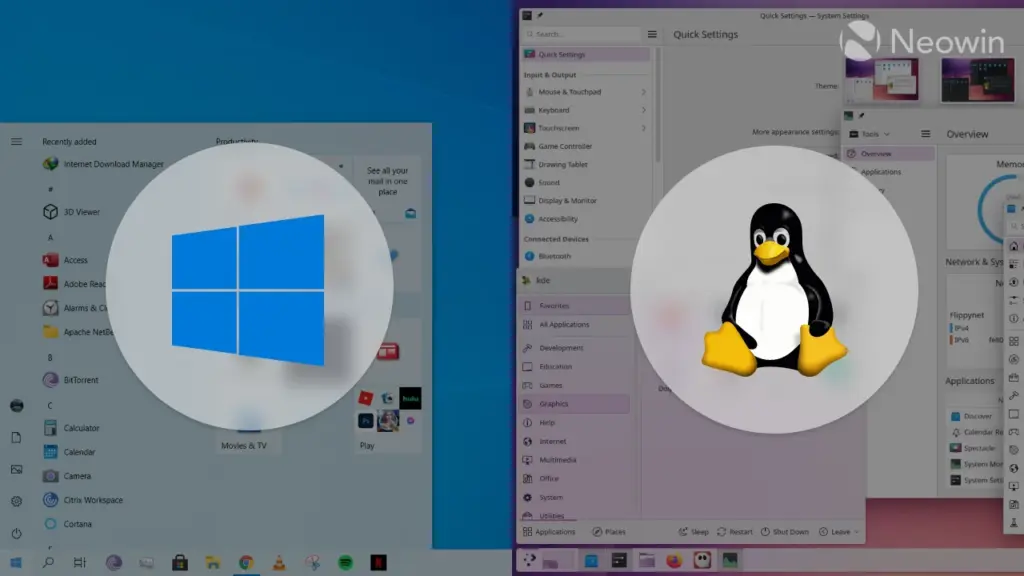
Anti-virus software on Windows systems has increasingly flagged Linux ISO files as potential malware, raising concerns among users who download these images for installation. This issue highlights the complexities of cross-platform software security and the challenges of accurately detecting threats in different operating systems.
In recent weeks, numerous reports have emerged from users who found that legitimate Linux distributions were marked as malicious by their Windows anti-virus programs. This situation is not merely a minor inconvenience; it can disrupt the installation process and create confusion about the safety of popular Linux distributions.
Understanding the Issue
The core of the problem lies in how anti-virus software identifies threats. Typically, these programs rely on signature-based detection methods, which scan files for known malware signatures. According to security analysts, the issue arises because some Linux distributions, particularly those that are less common, may contain files or structures similar to known malware. This can trigger false positives in Windows anti-virus systems.
For example, the Linux Mint ISO file has been flagged by some users’ Windows anti-virus software, despite being a widely respected distribution. Such notifications can lead users to mistakenly believe that the software they are downloading is harmful, causing unnecessary alarm.
What Users Should Do
If users encounter this issue, there are several steps they can take to ensure they are downloading safe files. First, always obtain Linux ISOs from official sources or verified mirrors. This minimizes the risk of downloading compromised versions.
It’s also advisable to check the file’s checksum. Most reputable Linux distributions provide checksum values that users can compare against their downloaded files to confirm integrity. For instance, if a user downloads an ISO file for Ubuntu, they can verify its SHA256 checksum against the value provided on the official Ubuntu website.
If a Linux ISO is flagged by anti-virus software, users should consider temporarily disabling the anti-virus before the installation process. However, this should only be done if users are confident in the legitimacy of their download.
In cases where users are unsure, they may want to consult community forums or resources specific to the Linux distribution they are interested in using. Engaging with experienced users can provide valuable insights and help alleviate concerns about the safety of the software.
As the tech landscape continues to evolve, it is crucial for both software developers and users to maintain awareness regarding security practices. With many users moving between operating systems, enhancing the accuracy of anti-virus detection methods is essential to prevent confusion and ensure a safer computing experience across platforms.
This situation serves as a reminder of the importance of cybersecurity vigilance, especially in an increasingly interconnected digital world.







